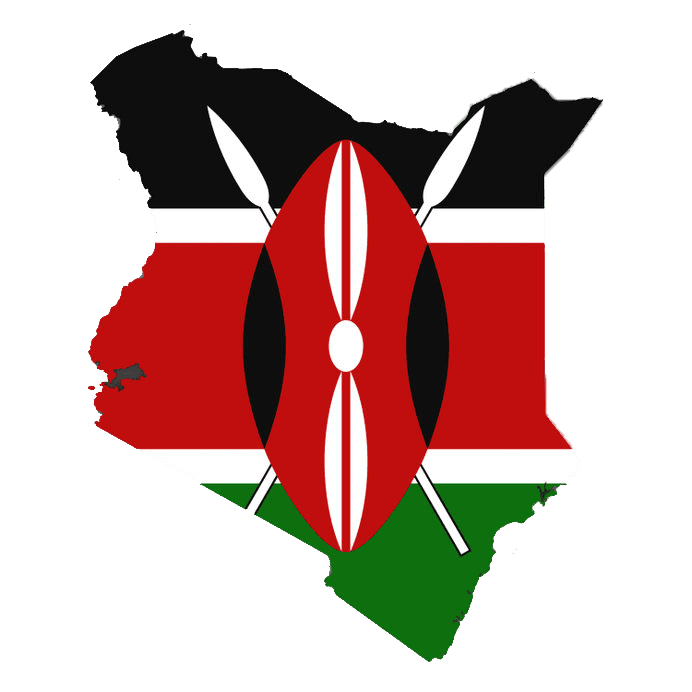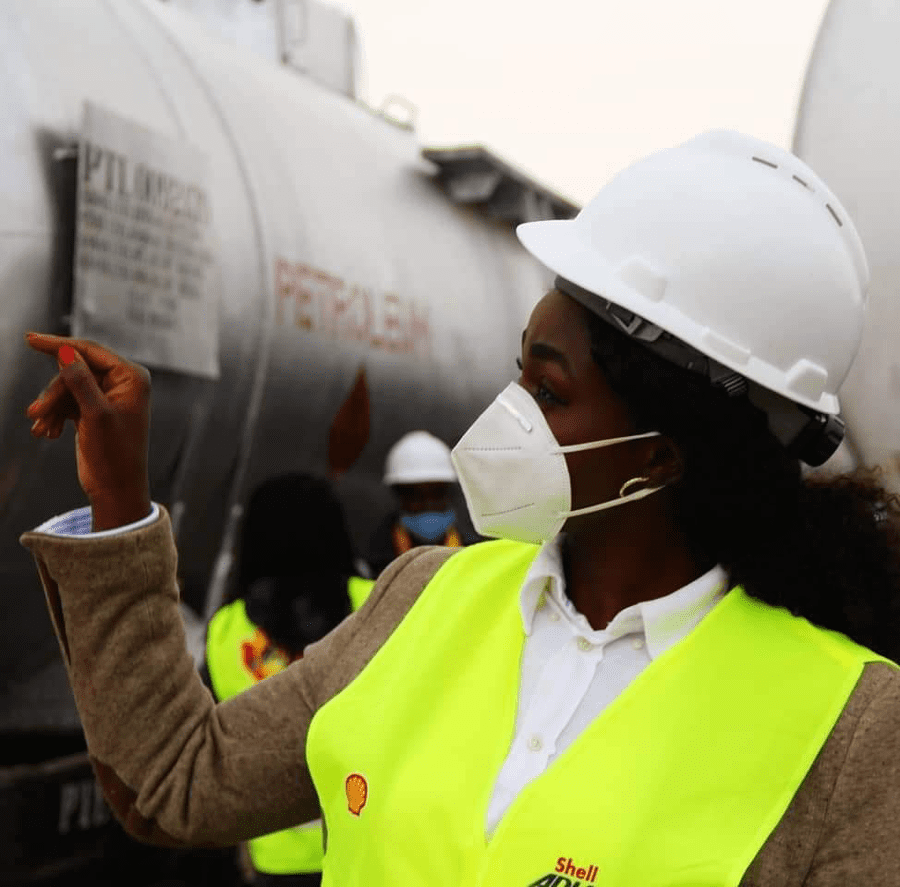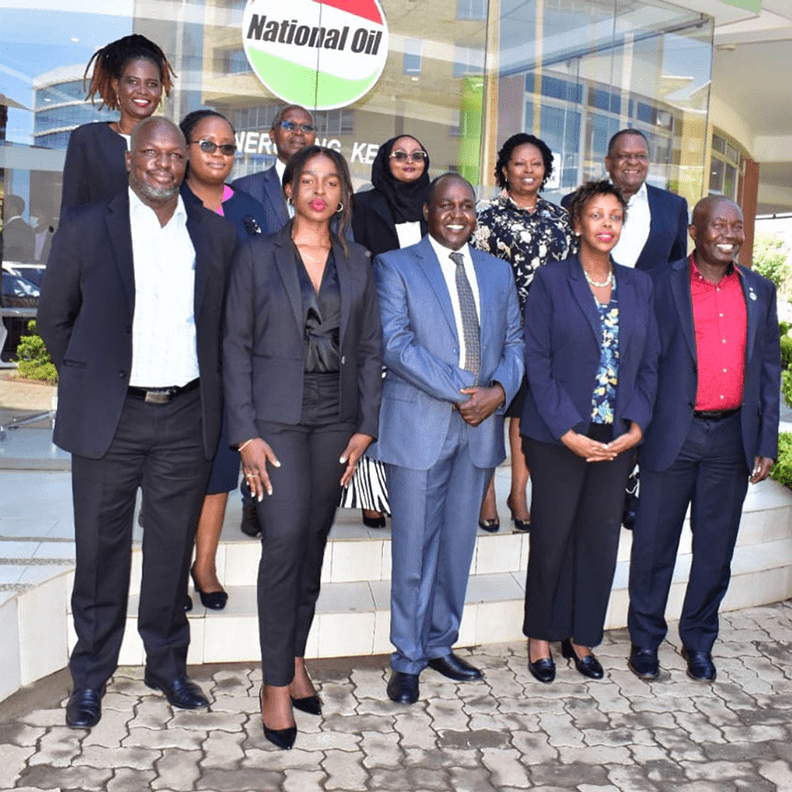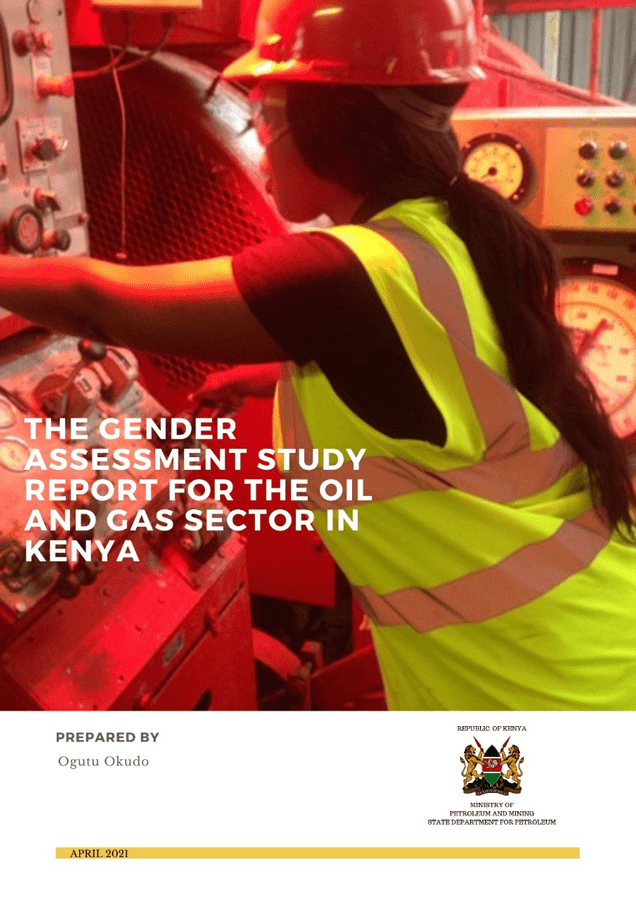We live in a world today where discussions pertaining to gender as a prefix are almost immediately assumed to be about women’s welfare, participation and rights – a stereotype that obscures our ability to understand the way we relate to each other in different societies based on the roles and behaviors of the varying relationships among men, women, children, persons with disabilities (PWDs), and vulnerable and marginalized groups.


I recently participated in a discussion on diversity in the sector with other panelists from Europe, Canada and North America, which focused on bolstering women in the blue-collar workforce segment of the sector – an important subject applicable across the world, although there are other key segments; hence, the realization of very different realities based on geographical settings. The impact of this industry on communities is integral for not interfering with livelihoods of people living in exploration sites where environmental changes can determine their access to water, firewood and basic human necessities for survival. Contrary to that is the entrepreneurial spirit of a niche group of African women owning and operating oil blocks and women-owned oil service provider companies winning contracts to drill wells. There could be great lessons the West can borrow with regards to promoting women entrepreneurship in the sector.


The Gender Assessment Study Report for the Oil and Gas Sector in Kenya published by the Ministry of Petroleum and Mining comes at a crucial, but opportune time for Kenya to map out the short, midterm and long-term impacts and benefits the sector will have on different gender groups to provide a strategic blueprint to support the adaptation of Kenya’s policies, programs and plans in the sector. As Kenya is soon to be an oil exporter, it needs to ensure it maps out the legal, policy and cultural context, gender dimensions of the impacts of oil and gas development on livelihoods, gender-based violence (GBV), gendered environmental impacts and the role of information, transparency and accountability in Kenya’s oil and gas sector development.
Findings highlighted in different studies have established African culture and heritage to primarily be patriarchal in nature. Patriarchy is a system of society or government in which the father or eldest male holds power over the family’s socio-economic affairs. Gender inequalities can then be attributed to limited access to and control over productive resources, affecting both sides of the gender divide. A lack of access to financial services, insufficient access to education, lack of skills, limited access to technology, cultural impediments and other constraints result in limiting participation in decision making.
The legal and policy context highlights the roles of stakeholders in reducing the gender gaps in assets, information and vulnerability. Adopting legislation for equitable sharing of direct and indirect petroleum revenues to benefit all local community stakeholders is the smart way forward. Future sector policies and legislation should be subjected to an independent Gender Impact Assessment (GIA); to allow for responsive policy planning.


Understanding the gender dimensions of the impacts on livelihoods is pertinent for attaining sustainable livelihoods. Operators, governments and civil society must work hand in hand to promote business skills training and alternative schemes for access to capital. Micro-credit schemes should be available for rural women and men by identifying lenders to facilitate concessionary, gender-fair loans. Compensation valuation processes need to be based on inclusive and thorough consultations with both male and female landowners and users. Allocations to landowners should be made, whenever applicable, in the presence of a spousal co-signer and/or other co-user of the land. One of the largest failures of businesses investing in Africa is inadequate community consultation leading to mismanaged expectation, halted operations and drawn-out arbitration cases. Continuous consultations with communities and stakeholders surrounding amounts and timelines are one solution.
Gender based violence (GBV) originates in distinctive forms with its interaction with the petroleum sector impacting stakeholders in the family context, and on the project and community level. Studies conducted globally indicate a correlation between GBV and expanding petroleum activities. GBV must transcend societal misconceptions to include the violence against men, boys and PWDs. Therefore, it is a priority to ensure implementation of laws that protect both men and women from sexual harassment, exploitation and abuse. A GBV framework for the petroleum sector should be developed to outline processes, procedures and principles that all oil and gas actors and stakeholders will align to in the management of GBV.


To mitigate the gendered environmental impacts, the existing environmental management legislation must integrate gender issues in community participation and children’s rights in the Environmental Social Impact Assessments (ESIA). The effects of oil and gas activities and their byproducts such as mud cuttings, drill cuttings and waste could contaminate underground aquifers, leaving the society vulnerable. The strengthening of access to water and clean energy in all arid and semi-arid lands (ASAL) communities that constitute 90 percent of Kenya’s landmass needs to imbed gender, cultural and health considerations. Additionally, climate change adaptation programs should be carried out to build resilience among communities, with emphasis on women who are primary energy producers in rural settings.


While oil and gas activities have been painted to be mired in negative impacts, there are many positive impacts that should not be overlooked. Aiding development infrastructure, increasing government budgetary revenues for portfolio management and incentivizing local communities.
Headline photo: Ogutu Okudo speaking at the World Petroleum Congress, Dec 2021.
Ogutu Okudo authored the Gender Assessment Study Report of the Oil and Gas Sector in Kenya for the Ministry of Petroleum and Mining. She is an oil expert and equitable energy access advocate, researcher, policy analyst and gender specialist. Okudo sits on the board of directors of the National Oil Corporation of Kenya (NOCK). The full report can be downloaded from the Ministry of Petroleum and Mining website.
Oil and gas operations are commonly found in remote locations far from company headquarters. Now, it's possible to monitor pump operations, collate and analyze seismic data, and track employees around the world from almost anywhere. Whether employees are in the office or in the field, the internet and related applications enable a greater multidirectional flow of information – and control – than ever before.




